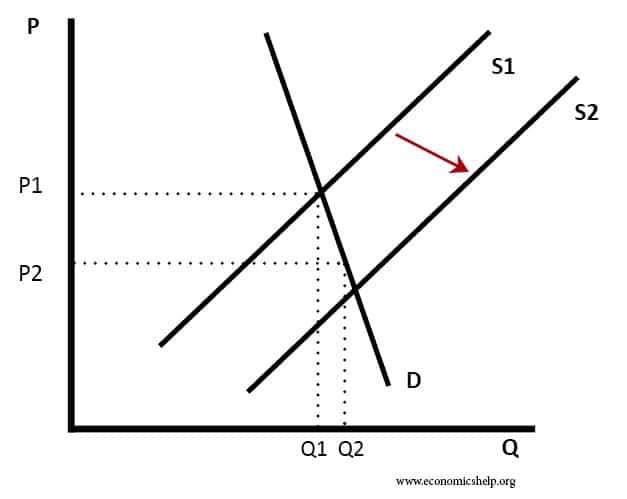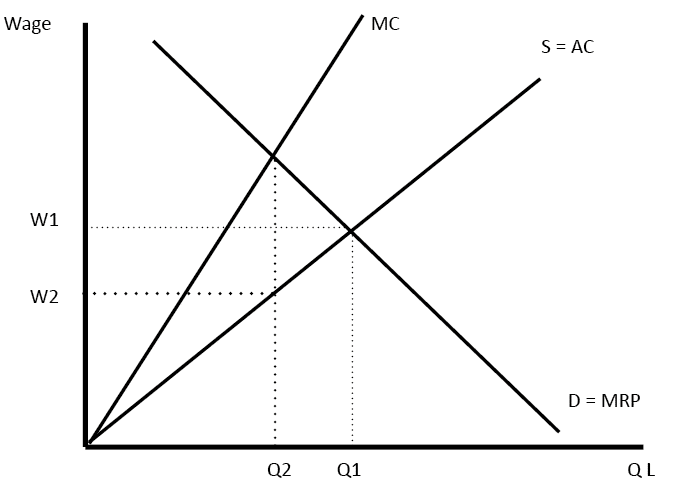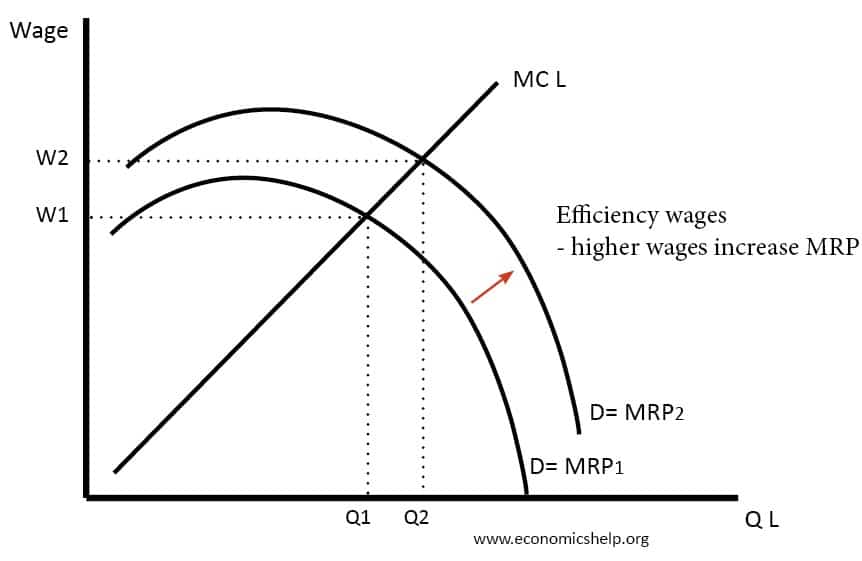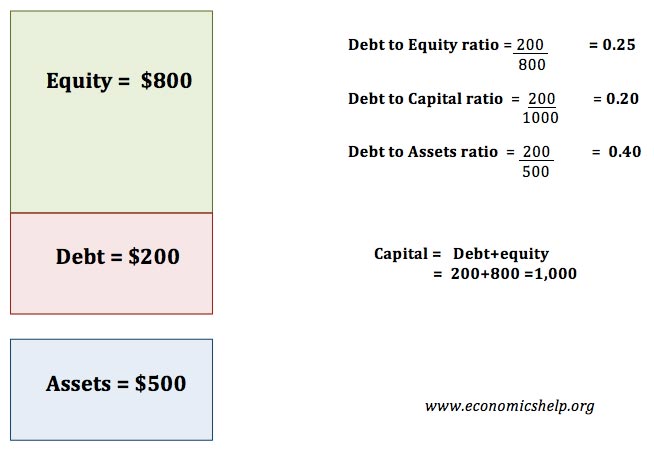Factors affecting Supply
Supply refers to the quantity of a good that the producer plans to sell in the market. Supply will be determined by factors such as price, the number of suppliers, the state of technology, government subsidies, weather conditions and the availability of workers to produce the good. Movement along the supply curve As price increases …





